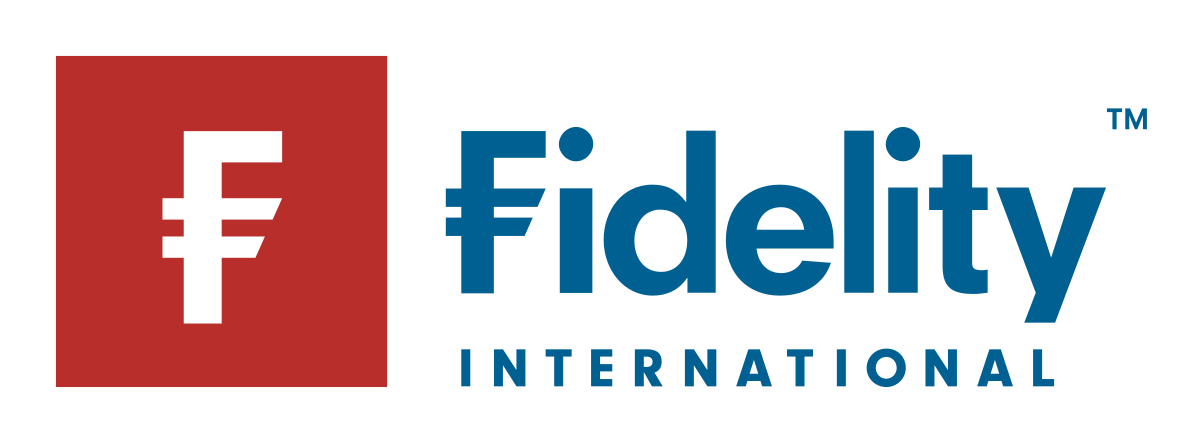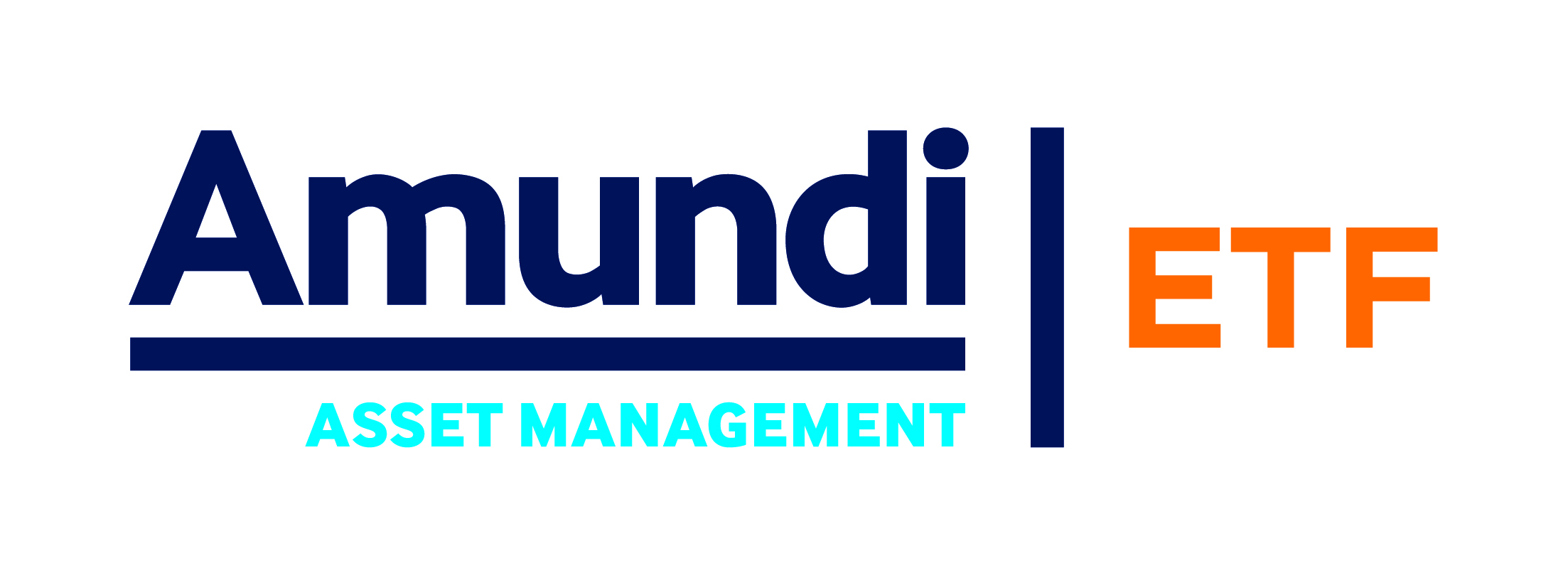Controversial retrocession fees paid to financial advisers by asset managers are driving retail investors to buy ETFs directly on wealth platforms, Stefan Kuhn, head of ETF distribution for Europe at Fidelity, has said.
Speaking to ETF Stream, Kuhn (pictured) said the practice – also known as inducements – has led retail investors to start buying ETFs directly in a bid to avoid being recommended more expensive products.
“There is an ongoing discussion around an inducement ban. That is why you are seeing a lot of retail investors buying ETFs directly,” he said.
It comes as the discussion around implementing a ban on inducements bubbled up to the surface again last week after EU financial services chief Mairead McGuinness said the practice leads to a conflict of interest and has a “negative effect on the quality of investment advice”.
However, Kuhn stopped short of calling for a ban, adding investors must decide for themselves if they value the service they are being given by their financial adviser.
“It is a question of what you want as an investor. If you go directly, you are taking the asset allocation decision yourself,” he said.
“If you are paying somebody to do the asset allocation for you, and if you are happy with the service they give you, I would be fine to pay them something as long as you are getting value.”
According to McGuiness, products, where inducements are paid, are on average 35% more expensive for retail investors. They have long been seen as a hindrance to further uptake of ETFs on the continent as distributors focus on high-margin products and commissions.
Meanwhile, ETF usage on retail investment platforms such as Scalable Capital, Trade Republic and Moneyfarm, which often allow investors to save as little as €10 a month, has grown rapidly over the past few years.
BlackRock, which recently partnered with neobroker Bux to launch ETF savings plans across eight European countries, estimates there are currently five million ETF savings plans in Germany. A figure BlackRock expects to expand to 20 million by 2026.
As a result, ETF issuers including Fidelity are focusing on expanding their reach into the retail market.
“It is not a pure focus on digital or retail for us, but it is definitely more of a brand-building exercise,” Kuhn said. “It is more indirect because we do not talk to the clients, whereas on the institutional side, the relationship is much more direct.”
As well as Germany, Italy has also been touted by ETF issuers as the next big growth market for retail investors.
In July, Franklin Templeton partnered with Italian trading platform Directa to distribute its ETFs to retail investors, while Amundi and FinecoBank also struck a similar deal in September.
Fidelity has also expressed ambitions to attract more retail investors via its product range.
Last September, Fidelity launched a five-strong thematic ETF range with products including clean energy, electric vehicles and the metaverse.
Related articles








